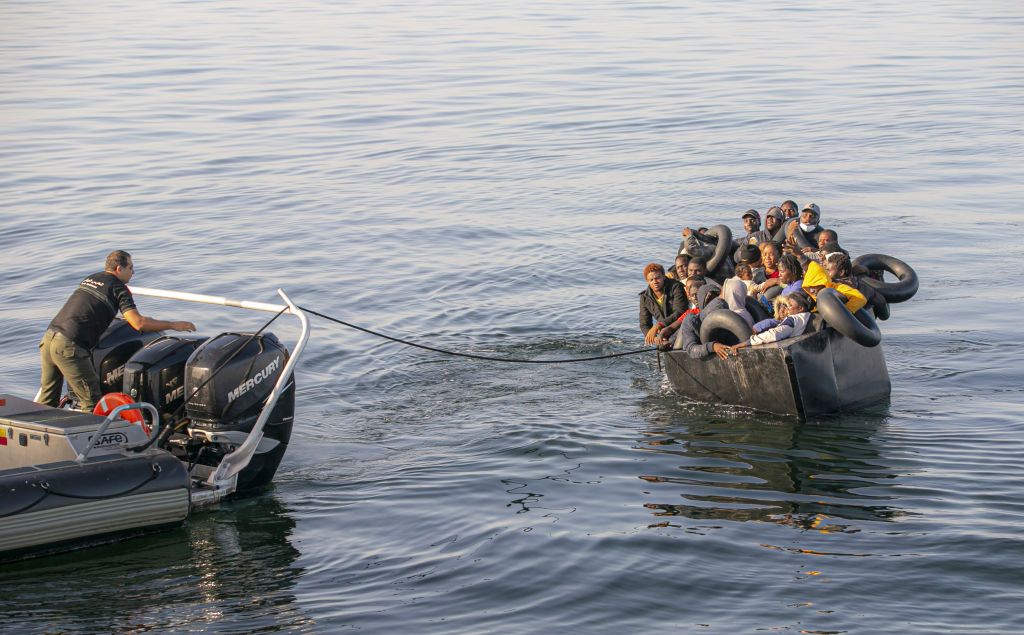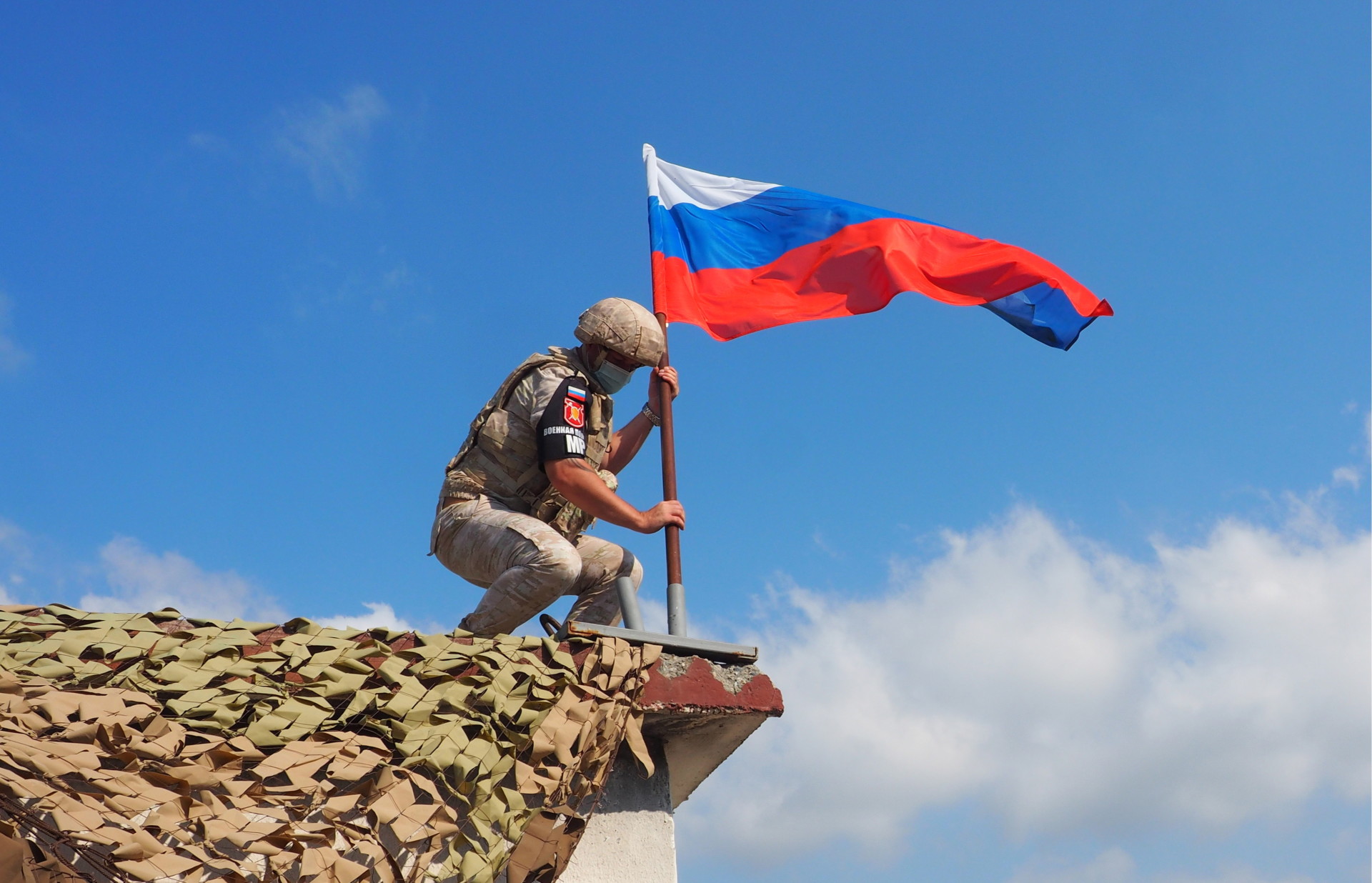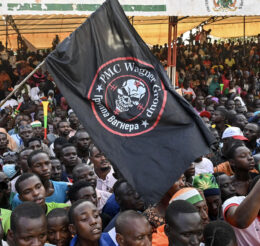This website uses cookies so that we can provide you with the best user experience possible. Cookie information is stored in your browser and performs functions such as recognising you when you return to our website and helping our team to understand which sections of the website you find most interesting and useful.
Transnational Fragility
Africa is the second-largest continent in the world, with an estimated 1.26 billion people residing in 54 countries. Africa is home to vast resources such as oil, liquefied natural gas, rare earth minerals, and a diverse population that should have set the continent up for success; however, with a past filled with exploitation, colonialism, government corruption, tribal warfare, and terrorism, Africa has struggled to reach its full potential. Though the United States has historically remained minimally engaged in Africa compared to other parts of the world, such as the Middle East or Latin America, with the rise of Chinese and Russian influence in the region,, it is essential that the United States enhance its engagements on the continent.
Guided by the values and principles of the New Lines Institute, the Transnational Fragility program looks at varying indicators of fragility that contribute to regional instability. This initiative is designed to craft policy options to address the drivers of fragility that will enable the United States to advance its strategic goals in the region and combat malign influences.
The Transnational Fragility Initiative seeks to accomplish this endeavor by providing an in-depth analysis of how factors of state fragility lead to regional instability and, affect the United States and its partners. The Initiative is focused on three lines of effort.
Migration Across the Mediterranean
Urgent and comprehensive reform to EU and U.K. migration laws and humanitarian and refugee policy is needed to mitigate the effects of North African conflicts that produce mass volumes of refugees in Europe. Moreover, rethinking the current strategies from the EU, U.N., U.S., U.K., and other international organizations is vital to improving not only the lives of refugees, migrants, and asylum seekers, but also to mitigating concerns that many of the EU countries share regarding security, economics, and social cohesion.

Exploitation by Paramilitary Groups: Wagner in Africa
Russian PMC Wagner uses battleground experience and resources in Africa to fund their illicit activities and proxy wars in post-Soviet states. Wagner is reportedly heading back to Africa after significant losses in Ukraine and a failed coup in June 2023. Based on the historical behavior of how Wagner used its resources and experience acquired in Africa to prime the battlefield in Ukraine, it is suspected that their return to Africa will result in increased exploitation of African states that could result in increasing organized crime flowing into Europe and the United States.




